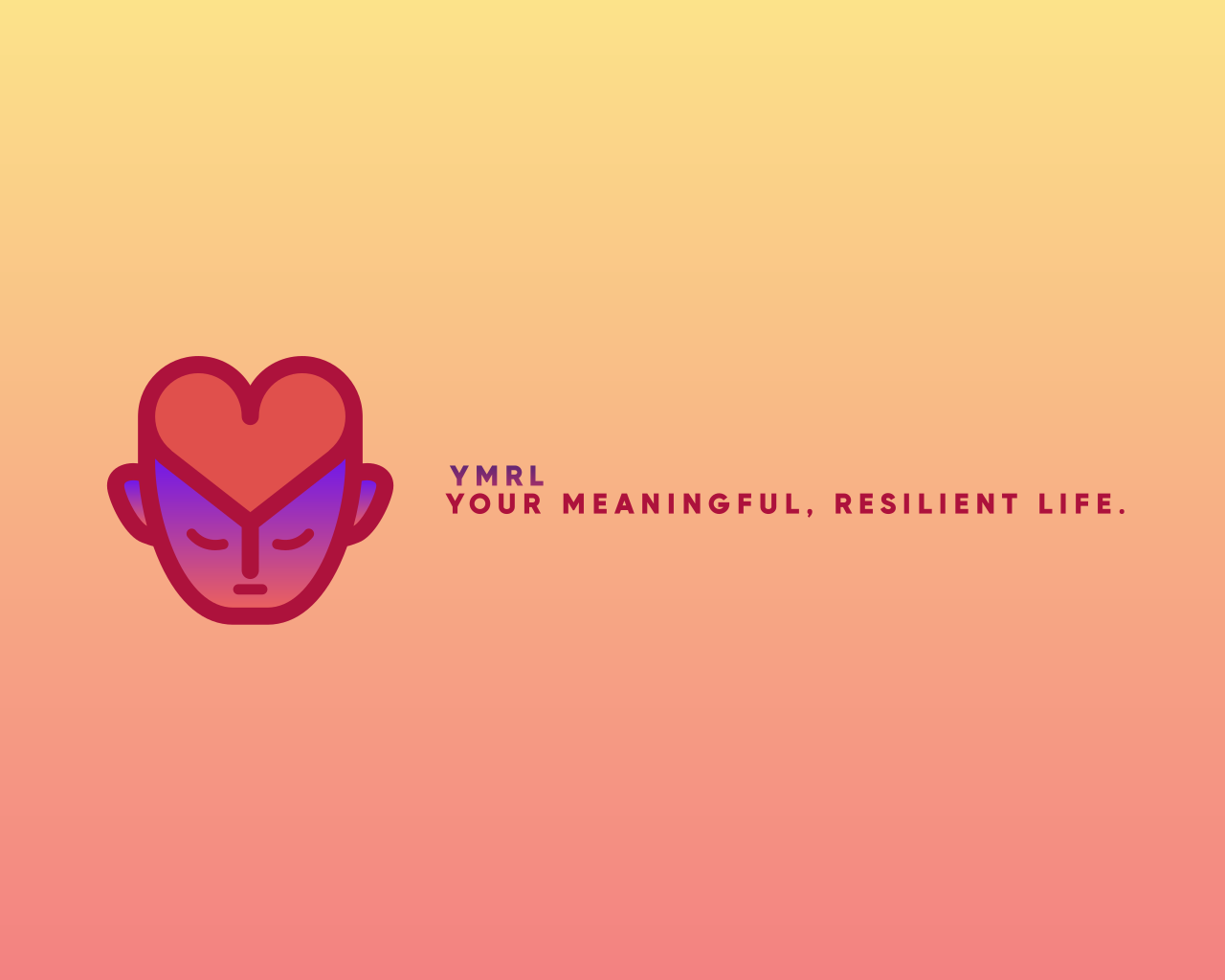THE DANGERS OF FAMILY SECRETS: Why Avoiding Conflict Isn’t Always The Best Solution
The Dangers of Family Secrets: Why Avoiding Conflict Isn't Always the Best Solution
Families are often considered the cornerstone of our lives, providing love, support, and a sense of belonging. However, beneath the surface, many families harbor secrets—unspoken truths that are often born out of a desire to avoid conflict. While conflict avoidance may seem like a way to maintain peace and harmony, it can inadvertently lead to the creation of family secrets, which can have far-reaching and damaging consequences.
As a parent and a member of a family, I worry about the potential dangers of avoiding conflict and the subsequent impact it can have on our children. When we tiptoe around sensitive issues to protect each other's feelings, we inadvertently send a message to our children that it's acceptable to keep secrets, especially if it means avoiding conflict. This normalization of secrecy can have profound implications for our children as they navigate the complexities of adolescence and adulthood.
By modeling avoidance of difficult conversations, we risk teaching our children that it's permissible to withhold the truth to spare someone's feelings. This can create a culture of secrecy within the family, where important issues are left unaddressed, and genuine communication is stifled. Family secrets, whether they pertain to financial problems, substance abuse, infidelity, or other sensitive matters, can erode trust and intimacy within the family unit.
Moreover, the impact of family secrets extends beyond the confines of the home. As children grow into adulthood, the burden of carrying these secrets can manifest in profound psychosocial issues, including anxiety, depression, and low self-esteem. The weight of maintaining these secrets can be isolating, leading individuals to struggle with their emotional well-being and interpersonal relationships.
Additionally, the culture of secrecy within families can leave children vulnerable to predatory behavior. When open communication is discouraged and secrets are the norm, children may be less likely to share experiences of abuse or exploitation, fearing that they will disrupt the fragile equilibrium of the family. This can perpetuate cycles of harm and prevent the early detection and intervention necessary to protect children from harm.
So, what can we do to address these concerns and foster healthier family dynamics? It begins with recognizing the importance of open, honest communication, even when it involves uncomfortable topics. Instead of avoiding conflict, we should strive to engage in constructive dialogue, demonstrating to our children that it's possible to address difficult issues with empathy and respect.
Furthermore, creating an environment where children feel safe to express their thoughts and concerns without fear of repercussion is essential. By nurturing an atmosphere of trust and openness, we empower our children to communicate openly and seek support when they need it most.
As parents and caregivers, we must also be mindful of the examples we set for our children. By modeling healthy conflict resolution and demonstrating the value of transparency, we can help our children develop the skills and resilience needed to navigate life's challenges with integrity and courage.
In conclusion, while the impulse to avoid conflict within families may seem well-intentioned, the long-term consequences of cultivating a culture of secrecy can be profound. By addressing difficult issues head-on and promoting open communication, we can work to break the cycle of family secrets and create a more supportive and nurturing environment for our children. After all, the well-being of our families depends on our willingness to confront uncomfortable truths and foster a culture of honesty and trust.
